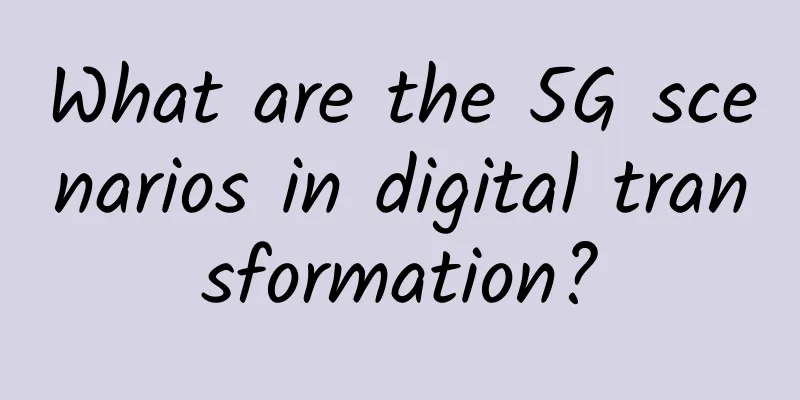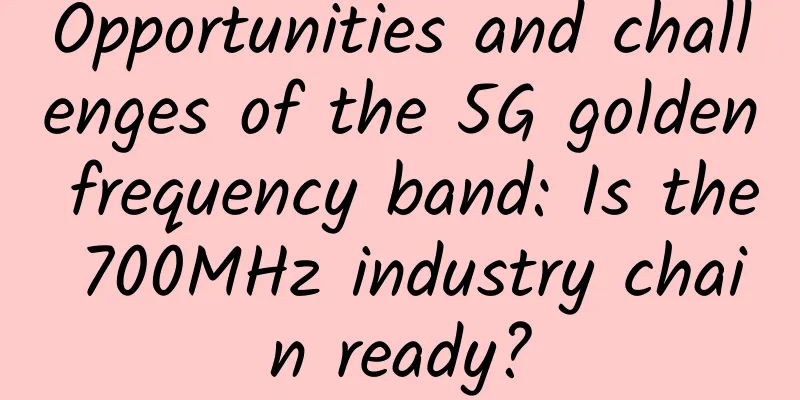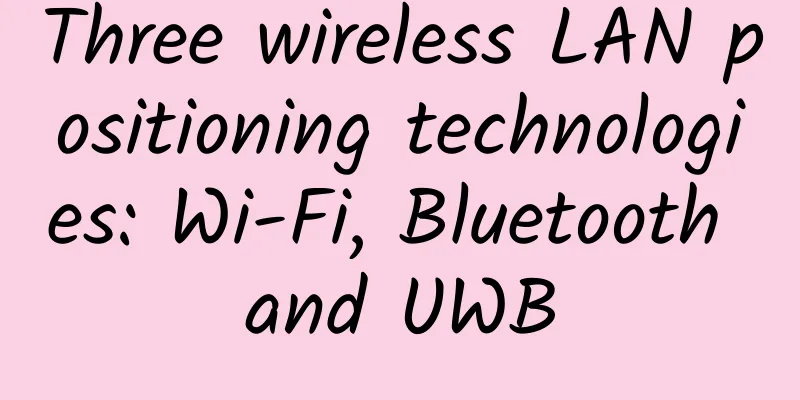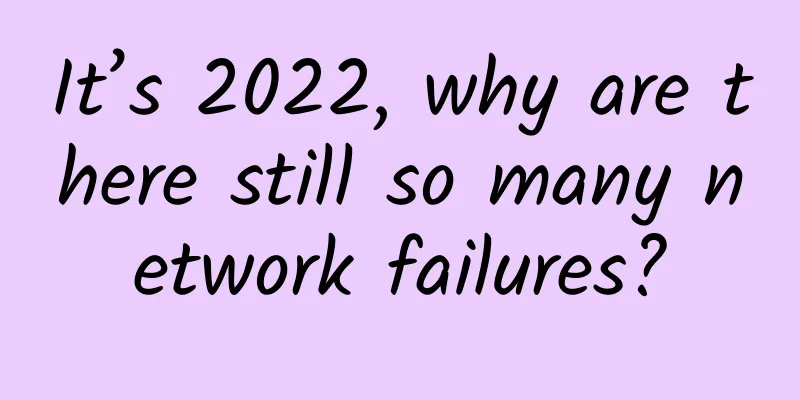What are the 5G scenarios in digital transformation?

|
It is predicted that by 2025, there will be 1.2 billion 5G connections worldwide and cover 34% of the population. Although the COVID-19 pandemic has tried to drown out the hype surrounding 5G, it remains the most watched technology phenomenon in 2021. 5G will usher in a whole new world of possibilities – it will open new doors for businesses to innovate products and services, creating new revenue streams and customer segments. This article will discuss how 5G will transform certain industries and their business cases.
1. HealthcareAccording to an article in the New England Journal of Medicine, the healthcare industry holds 30% of the world's data, with each patient generating about 80MB of data per year on average. How will 5G wireless and its supporting technologies revolutionize the healthcare industry? The author discusses three major issues affecting the healthcare industry: lack of patient-centric systems; lack of personalization; and lack of attention to data. Experts believe that 5G's low latency capabilities, high data collection, and large capacity will solve all of these problems. As hospitals turn to 5G, they will be able to spend less time collecting, transmitting, and managing data in real time. They also have the opportunity to provide remote patient care access, through which mobile networks can support real-time high-quality video and enhance their network security through cloud data centers. In addition, wearable technology compatible with 5G will make it easier for patients and their doctors to communicate remotely. Personally, I can’t wait to see the progress 5G makes in transforming healthcare. This pandemic has put tremendous pressure on our paramedical and medical communities, and these frontline workers need our full support. 2. RetailStatista reports that retail revenue will grow to $6.54 trillion by 2022. Retail chains around the world will be transformed with the right connectivity – reliable and fast networks and advanced AR/VR use cases. Warehouses need to have the necessary network capabilities to support the new era of smart applications. The question is: How can 5G help the retail industry? ▲5G will enhance the interaction between brands and customers by supporting immersive technologies such as augmented reality and mixed reality. ▲In-store enhanced experiences, such as magic mirrors and face-to-face virtual shopping assistance. To simplify targeted marketing and enable security measures against fraudulent behavior and transactions, such as facial and object recognition solutions. ▲ Intelligent and sustainable energy management, such as smart lighting, to maximize in-store energy utilization. 3. Public sectorCompliance with the law is critical to the development of 5G and will be a major concern for the public sector. This is because the public sector is aware of the potential impact of 5G, but local governments must understand the technology to make full use of it while complying with national laws. These laws will be triggered because of the large amounts of data collected by the technology, leading to data breach threats. Once the technology is available to governments, we can discuss the following use cases. Enhanced mobile broadband will improve network connection speeds for roles such as law enforcement officers and postal workers. ▲ Large-scale machine-type communications for reimagining public works, such as real-time information about leaks and traffic jams, and efficient resource allocation. 4. MediaAccording to a report from Intel, 5G could generate up to $1.3 trillion in revenue in media and entertainment by 2028. 5G technology opens up new avenues for consumers who want richer media experiences. Smartphones are becoming increasingly popular and have become viewing devices and control systems for home and industrial networks. How 5G will change entertainment and media: ▲ Share location-based live and on-demand entertainment experiences such as concerts, sporting events or movie theaters across time zones and continents. ▲Accelerate mixed reality, augmented reality and virtual reality to achieve immersive content consumer experience. ▲Interactive gaming reimagines mixed reality and introduces mobile cloud gaming. ▲Content creators are focusing on increasing brand loyalty and better conversion rates.5. ManufacturingLet’s look at some use cases for industrial operations to understand how 5G technology will transform the manufacturing industry. ▲Edge computing will enable real-time insights through faster wireless communications and better reliability ▲High-quality real-time video feed for monitoring. ▲Remotely control distributed production lines from the central command center. ▲Secure and reliable network improves monitoring and alarm systems. ▲Remote maintenance and training solutions using high-resolution AR/VR technology. ▲5G adoption can extend beyond industrial operations and seamlessly across the entire supply chain. 6. Supply ChainThe 5G technology stack, apart from its impressive speed, also focuses on device density and latency. This is expected to revolutionize the way industries operate. This also extends to disrupting the supply chain. 5G can enable automatic tagging, tracking, and recording of shipments, which will be able to solve problems such as lost goods, misplaced containers, and counterfeiting. In addition, 5G will improve warehouse management by enabling remote maintenance, control, and deployment of autonomous vehicles. 5G is the future of supply chain management. It provides transparency across channels to ensure control remains in the central control node. 7. Future HomeToday’s smart home technology is fragmented, and 5G will solve this problem. 5G will provide a seamless experience across all of our home technologies – including our favorite room temperature, our preferred entertainment suite, education suite, health devices, and security features. This technology stack will not only focus on seamless device coordination, but will also enhance data privacy and security from an ethical perspective. 8. AR/VRAccording to a report, AR will account for almost half of all revenues in immersive video formats by 2030, Ericsson reports. The most exciting thing about AR use cases is the ability to transform existing live experiences into digital ones. AR/VR/mixed reality offers compelling opportunities for experiences like concerts, movie premieres, and sporting events. Many tech geeks like me are eager to get their hands on it. 9. Transportation5G is already proving to be an advantage for the transportation industry. Smart sensors can monitor road conditions and determine the best time to repair them. Sensors can detect potholes and alert municipalities to take preventative measures. Cameras will be able to provide real-time insights into traffic flows, allowing pedestrian and vehicle traffic to be diverted safely and efficiently. 5G will accelerate the adoption of self-driving cars. 5G will allow real-time responses to vehicle safety status and automatic control to avoid collisions. 5G is the key to solving the challenges currently faced by these industries and focusing on seamless production. 5G will open new doors for service and product innovation for enterprises and create new revenue streams and a large customer base. Obviously, ultra-reliable and low latency are the popular trends in the network world, which will bring new and unimaginable opportunities to many industries. |
<<: Review of 2021丨Highlights of the three major operators
>>: vSwitch expansion in the Ack cluster Terway network scenario
Recommend
SpectraIP: €3.5/month KVM-2GB/50GB/5TB/Netherlands data center
SpectraIP is a Dutch hosting company that provide...
How to Make Ethernet Cable Longer
Looking to extend your existing Ethernet cable, o...
Verizon achieves 711 Mbps 5G upload speed
[[429131]] Verizon said it achieved upload speeds...
Promote Kunpeng talent training and help build the Kunpeng industry ecosystem
On November 25, Huawei Kunpeng University Tour Sh...
RAKsmart: US dedicated servers start from $30/month, Japan/Korea servers start from $59/month, cluster servers start from $109/month
This month, we have shared the discount code info...
What is the value of developing smart education? 5G and AI play a key role
As the domestic prevention and control situation ...
How far can a SaaS company go? Mainly determined by these two indicators
[[356547]] To see the current status of a SaaS co...
What? You still don’t know the best assistant for 5G? Come in!
who I am Hello everyone, my name is OpenStack, a ...
Terminals have become a major obstacle to the development of 5G
[[389800]] On March 26, China Unicom finally anno...
Enabling sustainable development in smart cities through Wi-Fi
What is the definition of a smart city? The answe...
Ali Chen Haiqing: The future of intelligent human-computer interaction from Ali Xiaomi
[Original article from 51CTO.com] On July 21 and ...
Cloudie: Hong Kong/South Africa dedicated server monthly payment starting from US$50, 100M bandwidth unlimited traffic
Cloudie is a Hong Kong IDC Internet service techn...
Fenghuo will present FitOS6.0 cloud operating system at 2017 OpenStack Sydney Summit
[51CTO.com original article] As the most importan...
After the fourth retail revolution, three experts from WOT tell you what real smart retail is!
[51CTO.com original article] On June 21, the WOT2...
How does HTTPS ensure secure transmission?
[[379186]] Preface The HTTPS connection process i...









